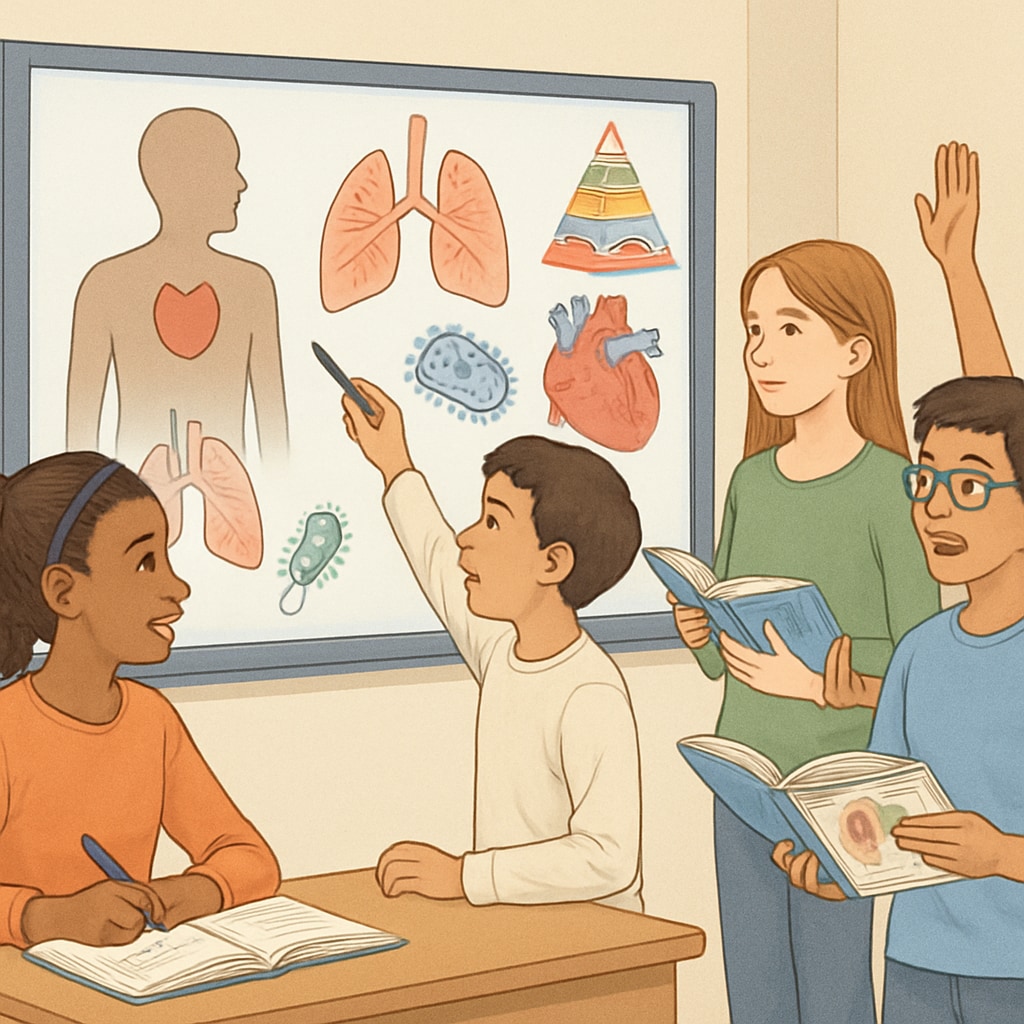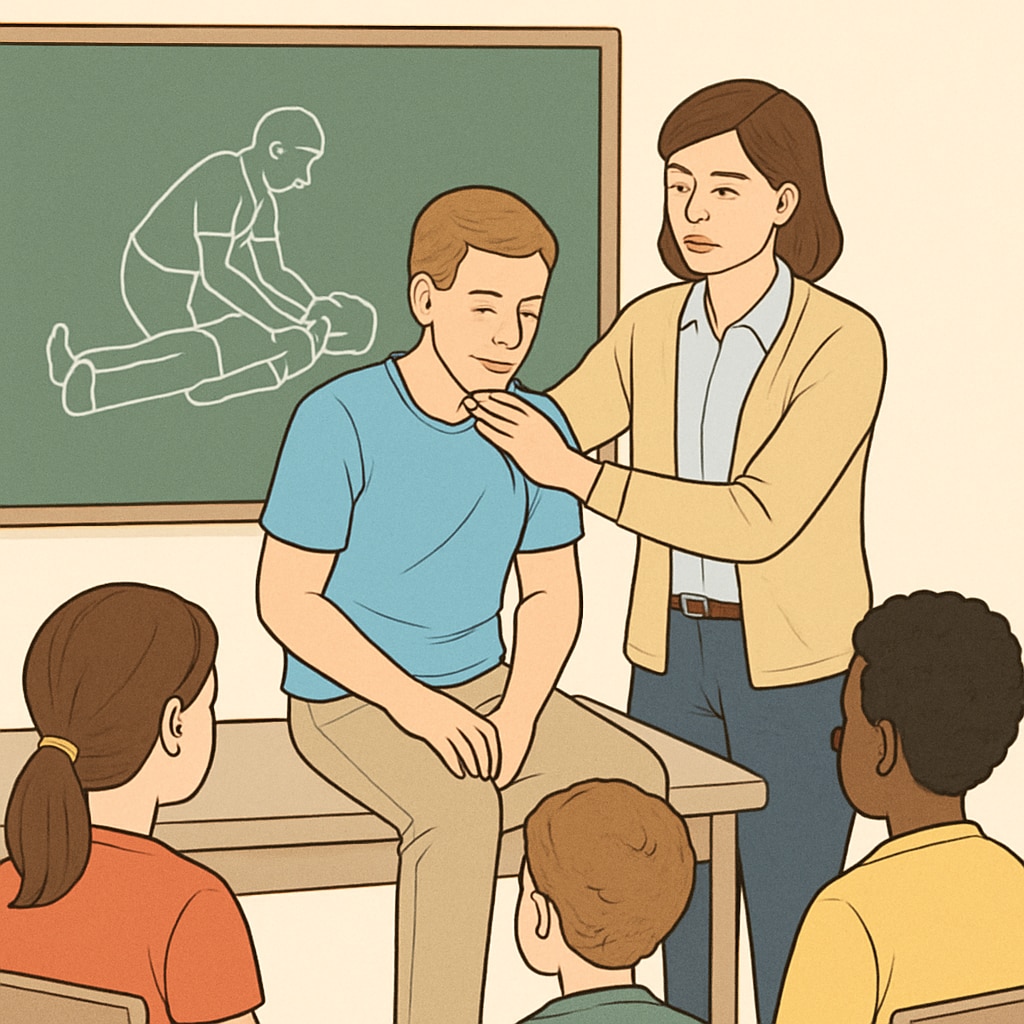In today’s world, medical education is no longer confined to healthcare professionals. With a growing emphasis on health awareness and informed decision-making, integrating medical knowledge into K12 education has become a crucial topic. By designing resources tailored for non-medical backgrounds and leveraging online courses, we can empower students to develop foundational health literacy that supports lifelong learning and well-being.
Why Medical Knowledge Matters in K12 Education
As students navigate an increasingly complex world, understanding basic medical concepts can equip them with the tools to make informed choices about their health. Early exposure to medical knowledge offers several benefits, including:
- Building awareness of preventive healthcare and healthy habits.
- Encouraging curiosity about human biology and science.
- Fostering critical thinking skills to assess health information.
For example, students who learn about nutrition, mental health, and first aid in school are more likely to adopt these practices in their daily lives. According to the Britannica’s Health Education page, health literacy is foundational to both personal and public well-being.

Adapting Medical Education for Non-Medical Learners
One of the biggest challenges in integrating medical education into K12 curriculums is making the content accessible and relevant to non-medical learners. To achieve this, educators can focus on these strategies:
- Use age-appropriate content: Simplify complex medical terms and concepts without losing their essence. For younger students, visual aids like diagrams or animations can be particularly effective.
- Incorporate hands-on activities: Encourage engagement through experiments, role-playing scenarios like first aid training, or creating health-focused projects.
- Leverage technology: Utilize online courses and interactive platforms that provide tailored content for different age groups. Resources like Wikipedia’s Online Learning overview highlight the flexibility and accessibility of digital education tools.

Online Courses: A Gateway to Medical Knowledge
Online courses offer a dynamic solution for integrating medical education into K12 settings. They are particularly beneficial for students from non-medical backgrounds because they provide:
- Self-paced learning: Students can revisit materials as needed, ensuring better comprehension.
- Interactive modules: Tools like quizzes, simulations, and videos cater to different learning styles.
- Global access: High-quality medical education can reach any student with internet access, regardless of location.
For example, platforms like Coursera and Khan Academy offer courses on topics like human anatomy and mental health tailored to young learners. These courses often blend engaging visuals with concise explanations, making them ideal for non-specialists.
Building the Future of Health Literacy
As we look to the future, incorporating medical education into K12 curriculums has the potential to reshape how society values health. By focusing on non-medical learners and leveraging accessible tools like online courses, we can cultivate a generation that views health literacy as an essential life skill.
In conclusion, medical education is no longer the exclusive domain of healthcare professionals. By tailoring resources and integrating them into K12 learning, we can ensure that every student, regardless of their background, is equipped to make informed decisions about their health and well-being.
Readability guidance: This article utilizes short paragraphs and lists to improve readability. Transition words such as “for example,” “in conclusion,” and “as a result” are incorporated to ensure smooth flow. The use of active voice and concise language keeps the content engaging and accessible.


